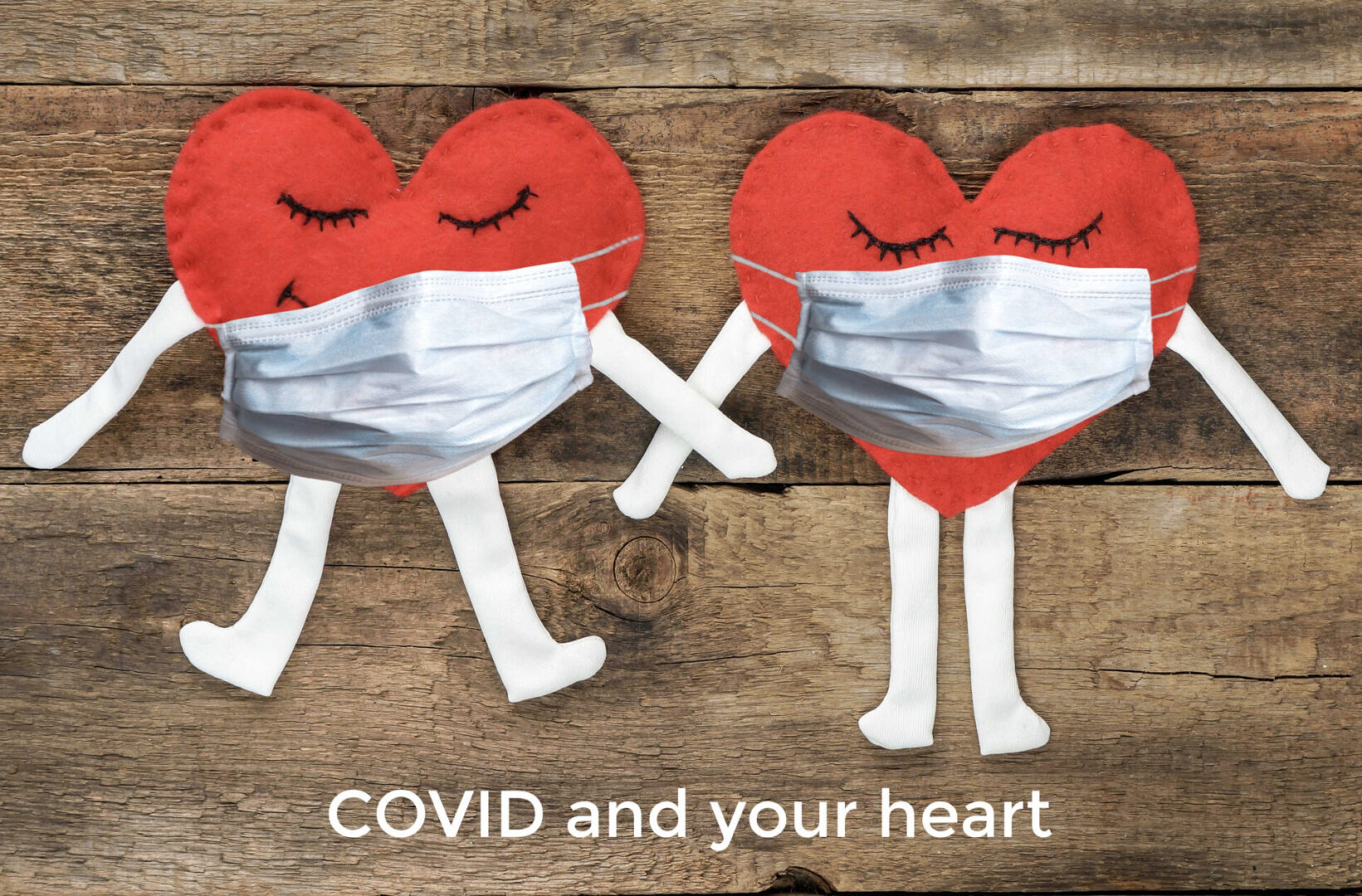How often have we heard of someone at an office party grabbing their chest and collapsing on the ground? We may not be having office parties this year, or we may be retired and wouldn’t be going to one anyway, but it can still happen WITHOUT the party.
It’s not about your heart feeling heavy during the holidays because you may be sad, which is a very real thing. But holiday heart syndrome is about your heart and holiday excess.

There have been many reports of holiday heart type syndrome happening during the COVID pandemic. Neilson reports that alcohol sales are up over 20% in retail stores and approaching 500% for online sales. Many restaurants and bars are closed which leads people to drink at home, and the consumption of alcohol during COVID has definitely increased. We joke about the COVID-15 and weight gain, but we need to start talking about alcohol as well.
Holiday time! Lots parties, lots of food and lots of drinking, that was so last year. This year just take out the word party and you have the same “cocktail” for holiday heart syndrome. You probably are well aware of the risks of excessive drinking and driving, but are you aware of the effects of excess alcohol on the heart? And yes, the name really is called Holiday Heart Syndrome.
The effect of alcohol on the heart
Alcohol is toxic to the heart muscle, the myocardium. It’s a transient effect, and will pass as the level of alcohol and its metabolites leave the body via the liver and kidneys. But what is that transient effect?
The most common effect is vasodilatation of blood vessels, which can lower your blood pressure. That’s certainly not a bad thing in some cases and a glass of wine might be nice and therapeutic if your blood pressure and stress level is high.
What happens when you keep drinking
The most concerning effect of heavy, episodic consumption of alcohol is it can trigger cardiac arrhythmias, especially atrial fibrillation. These abnormal heart rhythms will tend to convert back to normal within 24 hours after abstinence of alcohol and generally will not require treatment. But those with a history of prior atrial fibrillation, even modest intake of alcohol can be a trigger for recurrence that may require further therapy.
So how much alcohol can you safely drink? People who drink heavily (at least 6 drinks per day) have twice the risk of experiencing irregular heart rhythms compared to those who only drink moderately, on average less than one drink per day.
What does it feel like if I go into atrial fibrillation
What will I experience? If you do drink heavily and go into atrial fibrillation (AF) you may feel:
- The irregular heart beat within your chest (palpitations).
- If you feel your pulse, it will be rapid and irregular, and can even be hard to feel. (see my blog post for how to take your pulse).
- You may experience unusual fatigue while walking or climbing stairs.
Can I prevent this? Is there anything I can do to prevent this, other than not drinking more than one drink? Yes and no. The tips below may help.
- Avoid other stimulants like caffeine and chocolate. Chocolate also contains caffeine.
- Avoid that cup of coffee to “sober up”.
- Maintain good hydration (drink lots of water with each alcoholic beverage – my vote is a 1:1 ratio). Good hydration may reduce the symptoms of AF should it occur.
If symptoms persist more than 24 hours, you’ll need to see a doctor. You may need further medical treatment that could be drug therapy or electrical cardioversion.
Just a reminder – moderation and good hydration, and please do not drink and drive. Happy Holidays and stay safe.
References
DRINKING AND COVID
https://medicalcityhealthcare.com/blog/entry/holiday-heart-risks-during-a-time-of-covid-19
MAINTAINING A HEALTHY HEART DURING THE HOLIDAYS
https://www.ecommunity.com/healthminute/2020/holiday-drinking-know-your-limits-healthy-heart
